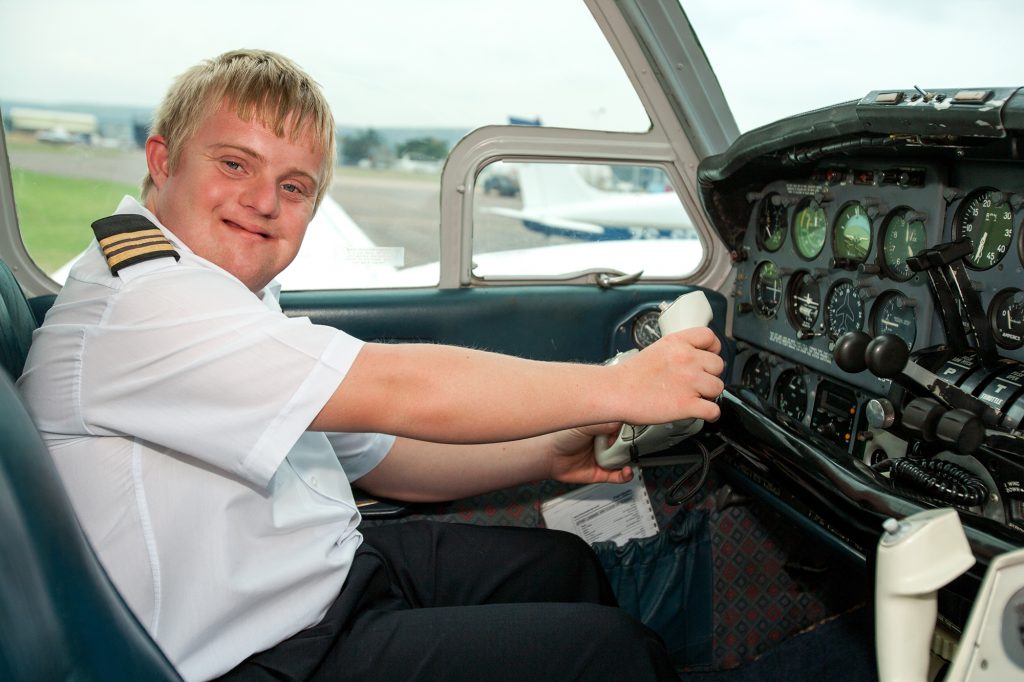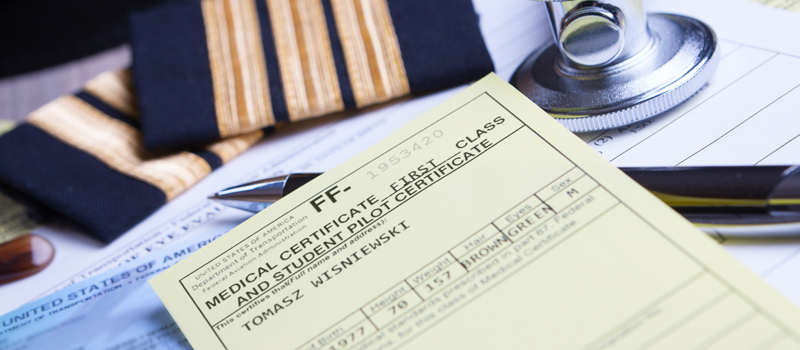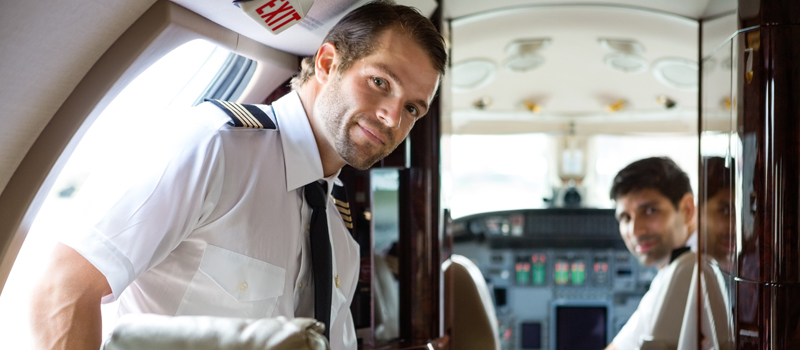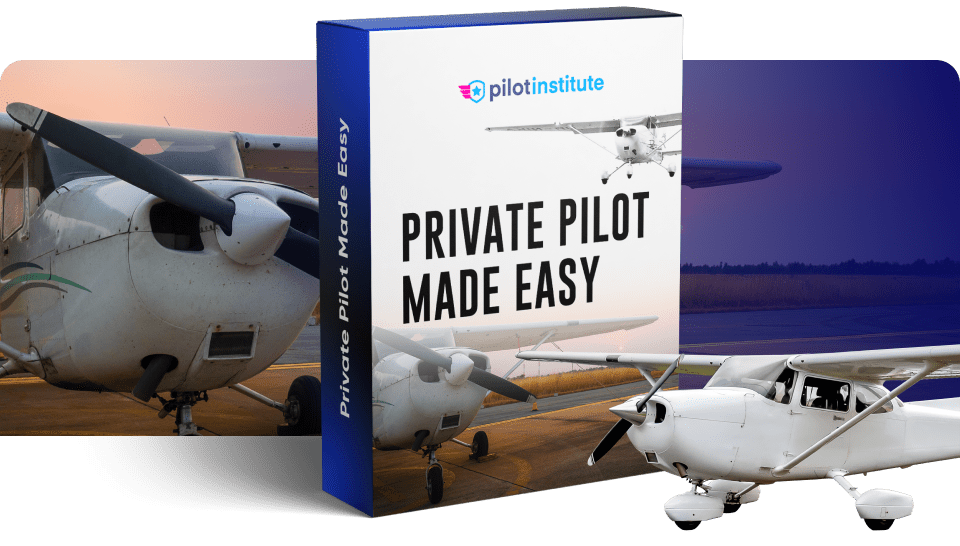It’s certainly a good sign that society has been slowly shifting towards inclusivity and all-around accessibility. One of the most important parts of this transition is opening opportunities to people who are differently-abled.
In the case of the FAA, they have incorporated special accommodations for people with disabilities who would like to earn an FAA license through any of their Airman Knowledge Tests. How exactly does this special accommodation work and what must one present to be eligible? What aviation career options are available for people with disabilities?
Signing up for special accommodations
The guidelines for taking an Airman Knowledge Test under the provision for special accommodations are summarized FAA Order 8080.6H (“Conduct of Airman Knowledge Tests”). The pertinent text is under Item 16, the “Testing Procedures for Applicants with Learning or Reading Disabilities”. Regardless of disabilities, the applicant must satisfy the pre-requisite of being able to read, write, speak, as understand English as established by standard FAA testing regulations.
For aspiring test takers who want to apply under this provision, you will need to file a request to the appropriate or local Flight Standards District Office (FSDO) or International Field Office (IFO). There are two important items which must be included under this request:
- Medical documentation that verifies your learning or reading disability, as diagnosed by a physician. The name and contact information of the physician must be indicated.
- A requested method of test administration (discussed later)
The FDSO or IFO will then confirm receipt of the request and forward the necessary documentation to the FAA Airman Testing Standards Branch (AFS-630). The FDSO or IFO will also affirm that the applicant satisfies the regulatory certification requirement of being able to read, write, speak, and understand English.
- If the applicant, due to their disability, cannot comply with the regulatory certification requirement, they may request an exemption via the Office of Rulemaking, Aircraft and Airport Rules Division (ARM-200). This is beyond the authority of an FAA field office.
The AFS-630 will assess the applications on a case-per-case basis. Approved requests should provide pertinent details specifying where the test will be administered, an appointment time, and the alternative testing method for the applicant.
How do the special accommodations for the Airman Knowledge Test work?
The FAA offers three alternative methods for taking an Airman Knowledge Test for applicants with reading or learning disabilities. Applicants may choose from any of the three, but their choice will have to be reflected in the initial request to the FDSO or IFO. Once the request has been approved, the applicant will no longer have the opportunity to change their selection.
The three options are as follows:
- The applicant may choose to have 1.5 times the allotted time to complete the knowledge test
- The applicant may use a self-contained electronic device that pronounces and displays typed-in words to aid them during the test. The device will be provided by the applicant and must have a built-in headphone jack that allows for private listening.
All devices must be approved by the relevant FDSO or IFO before it can be used while taking the test. The guidelines state the Franklin Speaking Wordmaster as an example, but any speaking dictionary or thesaurus device should do.
- The applicant may request that a representative of the FDSO, IFO, or testing center aid them in reading specific words or terms in the test questions or supplement book. To ensure that this does not alter the testing process, the representative will only be allowed to read directly from the material and may offer no explanations or clarifications.
An applicant may propose alternative testing methods other than those that were listed, but this will be subject to the approval of the AFS-630. The approved testing method should be indicated in the approval document issued by the AFS-630 to the applicant.
Can a disabled person become a licensed pilot?

Not a lot of people may know this, but the aviation industry has been making efforts to become inclusive for more than a decade. In the 2000s, an agreement between several countries was signed that allows people with disabilities to become licensed pilots given that they can satisfy standard fitness and medical criteria. This is true in the US and in other Western countries like the UK, France, and Canada.
This does not mean that there will be no challenges along the way. While pilots with disabilities typically train alongside non-disabled pilots, they may require special adaptations when they fly an aircraft. For instance, hand controls have been for paraplegic pilots while pilots with a history of seizures may fly but only with a safety pilot onboard.
In the case of people with reading or learning disabilities, there have been a lot of people with conditions that have managed to achieve success in aviation. Right now, there are FAA-licensed pilots that have varying grades of dyslexia, ADHD, or dyspraxia, among other disabilities. As long as an aspiring pilot can complete flight training, satisfy the medical standards, and pass the appropriate knowledge test, then a disability should not be a hindrance.
Of course, not all FAA-certified personnel aircraft pilots. People with disabilities may also apply for positions as ground crew or in air traffic control. They will still have to satisfy all the usual standards, but they cannot be discriminated against based on their disabilities.
Final thoughts
It’s a brave new world for people with disabilities. With organizations and businesses striving to be more inclusive than ever, there are now opportunities available for people with disabilities that did not exist before. This includes the possibility of earning an FAA license.
The measures that the FAA implemented have made it possible for their standard Airman Knowledge Tests to be accessible to people with disabilities. The special provisions don’t give them a huge leg up – it merely levels the playing field for everyone.
If you’re an aspiring pilot with a diagnosed learning or reading disability, then we hope that this article encourages you to pursue your dreams. It may not be a path that many people have walked on, but it’s still worth treading it so that others may follow.




